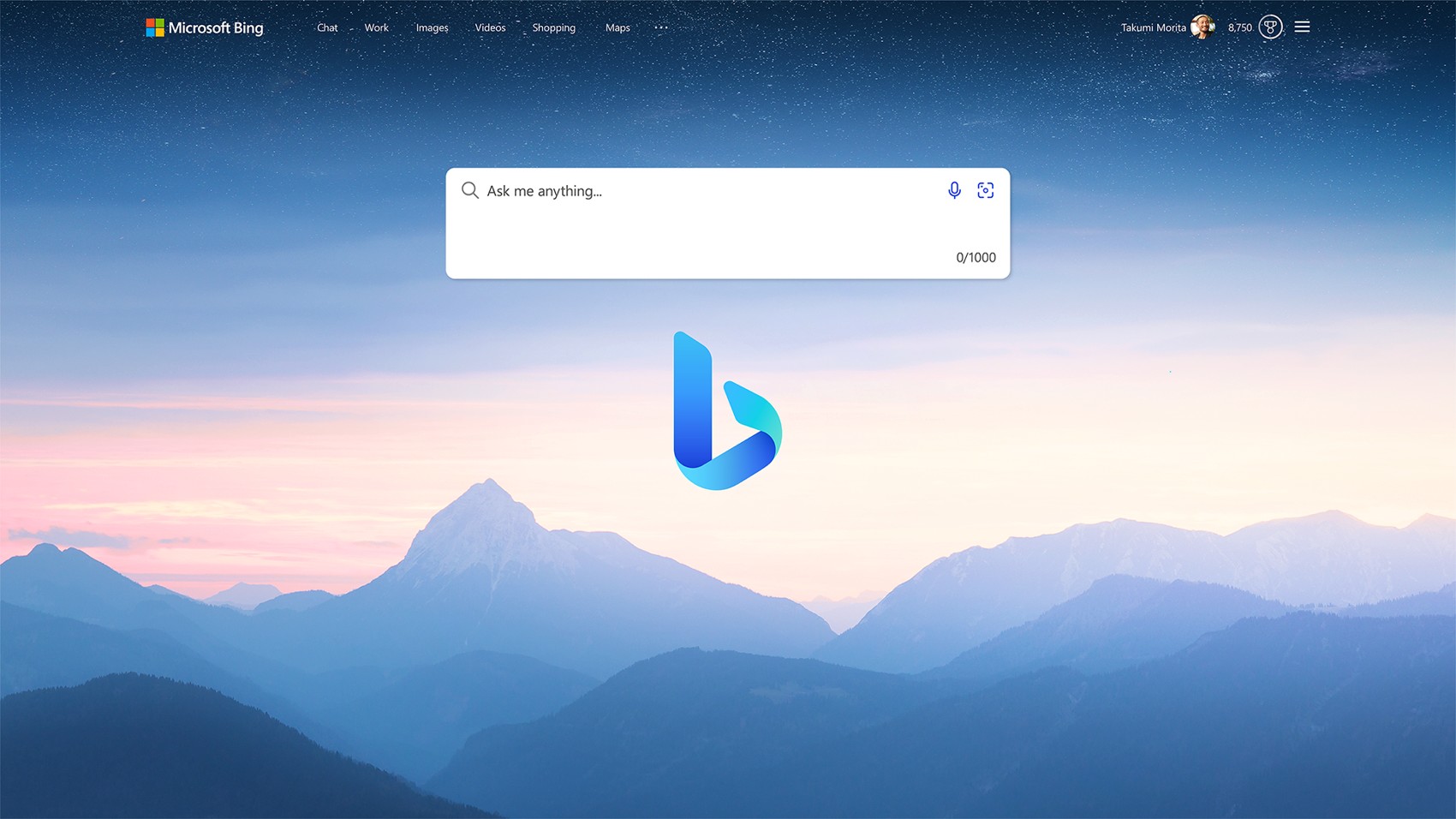As expected, Microsoft has taken the wraps off of the latest version of Bing, one that relies on artificial intelligence to provide answers.
Since the launch of OpenAI’s ChatGPT, Microsoft has been working to incorporate the technology in its search engine in an effort to challenge Google. Thanks to its multibillion-dollar investment in OpenAI, Microsoft has access to the company’s tech, providing it with a major opportunity.
The company unveiled the fruit of its labor today, integrating that AI into both Bing and its Edge web browser.
Today, we’re launching an all new, AI-powered Bing search engine and Edge browser, available in preview now at Bing.com, to deliver better search, more complete answers, a new chat experience and the ability to generate content. We think of these tools as an AI copilot for the web.
“AI will fundamentally change every software category, starting with the largest category of all – search,” said Satya Nadella, Chairman and CEO, Microsoft. “Today, we’re launching Bing and Edge powered by AI copilot and chat, to help people get more from search and the web.”
Microsoft confirmed that the AI technology it has incorporated into Bing and Edge is the next generation of OpenAI’s research.
We’re excited to announce the new Bing is running on a new, next-generation OpenAI large language model that is more powerful than ChatGPT and customized specifically for search. It takes key learnings and advancements from ChatGPT and GPT-3.5 – and it is even faster, more accurate and more capable.
The company also touted its “Prometheus model,” a proprietary way of interacting with the OpenAI model for best results.
Users can experience the AI-powered Bing today in a limited preview.
The new Bing is available today in a limited preview on desktop, and everyone can visit Bing.com today to try sample queries and sign up for the waitlist. We’re going to scale the preview to millions in the coming weeks. A mobile experience will also be in preview soon.




 WebProNews is an iEntry Publication
WebProNews is an iEntry Publication